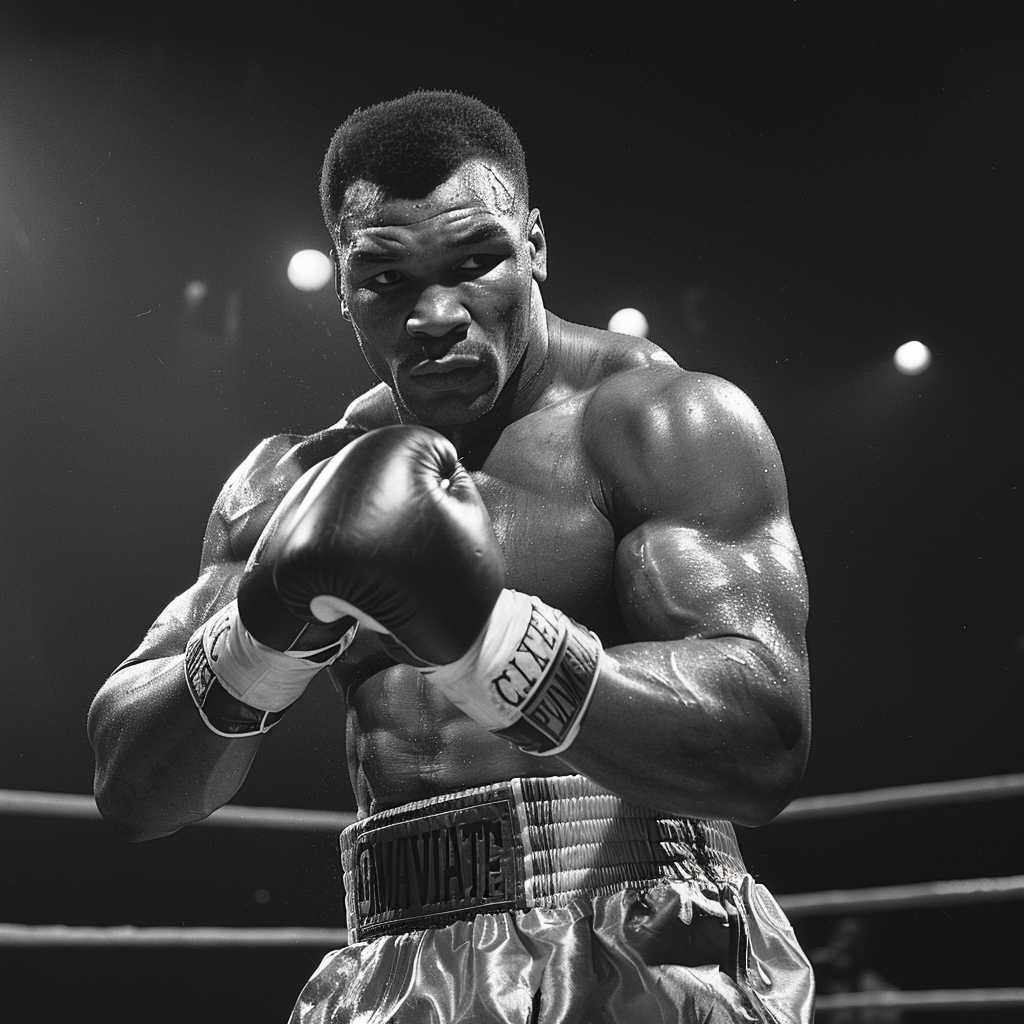The Enduring Legacy of Mike Tyson: A Study of His Impact on Boxing and Popular Culture
Mike Tyson’s name echoes in the halls of boxing history as one of the sport’s most polarizing figures. His impact on boxing, his storied struggles outside of the ring, his reinventions, and his enduring popularity encompass a narrative that is rich in both athletic triumph and personal drama.
Iron Mike: Tyson’s Boxing Career and Achievements
Born on June 30, 1966, in Brooklyn, New York, Mike Tyson’s childhood was marred by hardship and delinquency. However, it was in the boxing ring where he found purpose and discipline under the guidance of legendary trainer Cus D’Amato. His devastating punching power, coupled with an aggressive fighting style, led him rapidly through the amateur ranks to become a professional sensation.
The Youngest Heavyweight Champion
In 1986, at just 20 years old, Tyson captured the World Boxing Council (WBC) heavyweight title, becoming the youngest heavyweight champion in history – a record he still holds. He went on to unify the belts by winning the World Boxing Association (WBA) and International Boxing Federation (IBF) titles, thereby becoming the undisputed heavyweight champion of the world.
Defense and Decline
Throughout his prime, Tyson was an unstoppable force in boxing, defending his titles numerous times against a range of challengers. His aggressive style, characterized by lightning-fast knockouts and intimidating pre-fight antics, solidified a reputation as “The Baddest Man on the Planet.”
However, after reaching the high-water mark of fame and skills in the late 1980s, Tyson’s career began to falter. In one of the most shocking upsets in sports history, he was defeated by James “Buster” Douglas in 1990. His career afterward was a mix of victories and setbacks, both inside and outside the ring.
Encounters with the Law: The Trials Outside of the Ring
Conviction and Comeback
Mike Tyson’s most significant setback came when he was convicted of rape in 1992 and sentenced to six years in prison; he was released on parole after serving less than three years. The conviction remained a contentious point in public discourse, with opinions ranging widely on all sides of this issue. Tyson’s attempt to resuscitate his boxing career post-conviction generated considerable public attention.
Controversies and Lost Championships
Further controversies marred Tyson’s return to boxing, including biting Evander Holyfield’s ear during their 1997 rematch—the action cost him a disqualification loss and a temporary ban from professional boxing.
As Tyson’s professional discipline waned towards the end of his career, so did his dominance in the ring, leading to him losing considerably more fights than in his peak years. Ultimately in 2005, with no championships left to pursue and recognizing that his best days as a fighter were behind him, Mike Tyson retired from professional boxing.
Cultural Impact: Beyond Boxing
Media Personality and Actor
Post-retirement, Tyson reinvented himself as a public figure multiple times over. His cameo in “The Hangover” series revealed a lighter side that endeared him to a new generation. He launched a one-man Broadway show entitled “Mike Tyson: Undisputed Truth,” giving audiences insights into his tumultuous life through his eyes.
Podcasts and Books
Mike Tyson also ventured into new age media with podcasts that discuss not only boxing but also wide-ranging topics on popular culture and personal development. Additionally, he authored memoirs elaborating on his life’s path from poverty to stardom then back down through trials and tribulations.
Entrepreneurship and Advocacy
In recent years, Tyson has become an entrepreneurial figure as well. He launched “Tyson Ranch,” which is involved in cannabis production and marketing amongst other business initiatives. Mike Tyson has advocated for various social causes and attempted to leverage his notoriety for good.
